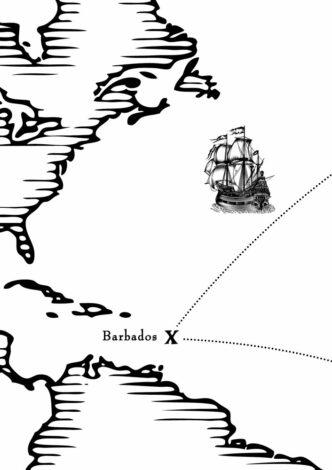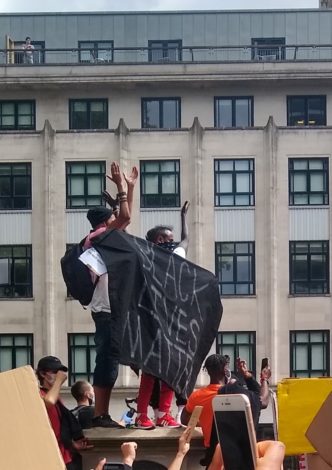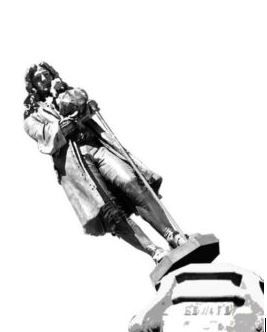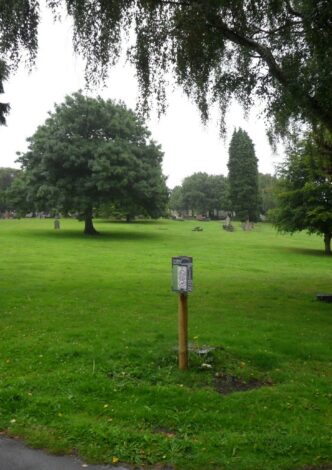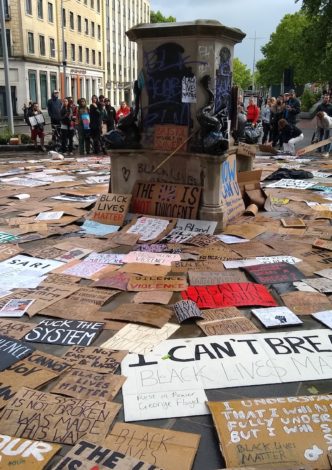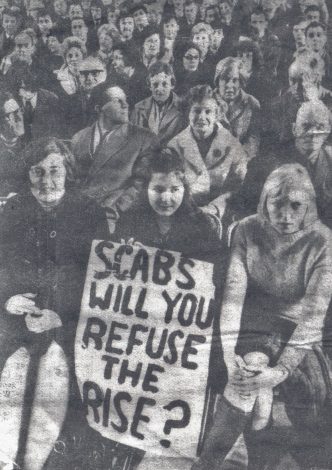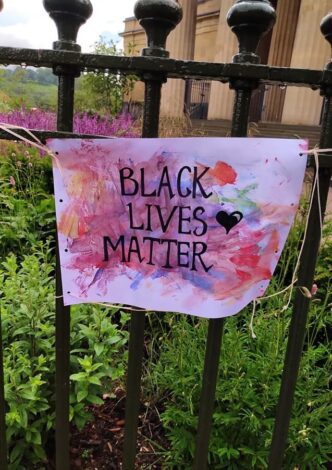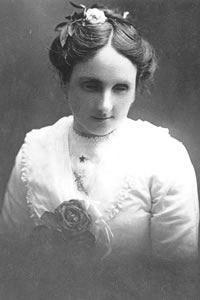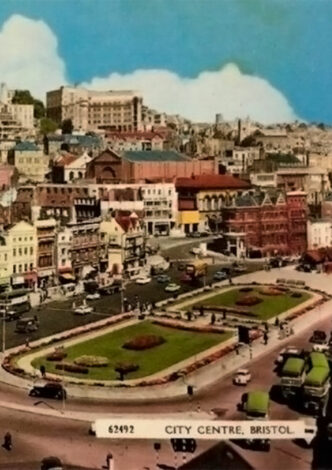An often overlooked but essential element of a slave ship, such as the Hannibal, was the requirement for a large crew in comparison to the number of sailors usually required to man ordinary merchant shipping. Sailors who were to work on slavers would be recruited by any means possible. For example, some men were offered the option by a magistrate or judge of going to prison, transportation, or work as crew on a slave ship. John Newton, author of The Journal of a Slave Trader, described his crew […]
TEAR THEM ALL DOWN. Everywhere. Lewis Hamilton (seven time F1 World Drivers Champion) Black Lives Matter X heart X heart. Jemima (age 12) This is the third in a series of articles written in the wake of the fall of Edward Colston's statue in June 2020. The previous articles consisted of two fully referenced timelines, the first covering more than a century dissent and protest concerning Colston's leading role in transatlantic slavery and the second considering the local, national and […]
All over the world I’ve seen grandchildren of slave masters tearing down slave masters statues – over in England they put it in the river. Reverend Al Sharpton speaking at the funeral of George Floyd in Houston, Texas, 10 June 2020. It's been quite a fortnight. Last week we had the declaration of the new Republic of Barbados (we salute you!) exactly 55 years after gaining independence from Britain, and this week, news that the jewel in the crown of the Society of Merchant Venturers, […]
Introduction From 2014-2019 Eastville Workhouse Memorial Group (EWMG) studied Rosemary Green, a piece of land consecrated and used as a pauper burial ground soon after the new workhouse was built at 100 Fishponds Road in 1847. Eastville workhouse was the primary institution of the Clifton Poor Law Union which covered 12 parishes north of the River Avon outside the old city walls. In March 1877 the Clifton Poor Law Union was renamed as Barton Regis. The Union remained unchanged until 1898 when […]
Introduction During the furore about the renaming of the Colston Hall in 2017 a number of angry letter-writers to the Bristol Post claimed that the recent protests over Edward Colston were merely a ‘flash in the pan’ and a product of ‘woke’, faddist politics propagated by people from outside Bristol. This attempt to reduce the actions of groups and movements like Countering Colston and Black Lives Matter to a particular historical moment whilst the great weight of a supposed ‘tradition’, such as […]
On the weekend of 7-9 June 2020 the Brecon plaque to a slave trading captain was stripped from the wall on which it was erected in 2010. Poet Marvin Thompson was inspired to write the following poem: On the Anniversary of the death of George Floyd: Dear Brecon Town Council, A mouth drying to mud, tightening lungs and eyes on the edge of tears: that was the reaction of my Black British body when, on this wind-lash of a lockdown morning, I read who you class as a role model for my Welsh, Mixed […]
The 15th February 1971 was United Kingdom Decimalisation Day: no longer were there 12 pennies to a shilling, half-crowns, or 240 pennies to the pound. That day, 50 years ago, was also just over half-way through the greatest strike this country had seen since the General Strike of 1926: the 44-day national strike of 200,000 Post Office workers. Telegraphists, telephonists, Post Office counter clerks, cleaners, postmen (170,000 of them!) and PHGs (Postmen Higher Grade), members of the Union of […]
During 2010, and during Black History Month no less, a plaque was quietly erected in the rural town of Brecon, Wales to commemorate the life of a slave trader and commander of the slave ship Hannibal without public consultation. African people were purchased by agents of The Royal African Company to undertake forced labour and childbearing as slaves for the accumulation of profit. In 1693 700 enslaved African women, men and children were forced below the decks of the Hannibal under the command […]
This story starts in the Forest of Dean with a riot and song and ends with an account of the struggle for the human rights of the visually impaired in Australia. The folk song As Sylvie Was Walking, made famous by Pentangle in 1969, has been traced to Ann Howell who was born in October 1832 at Broadwell Lane End, Forest of Dean, where she learnt it from her uncle. The Pentangle version, which can be viewed on YouTube, is called Once I had a Sweetheart and leaves out the first three verses. The […]
I came to Bristol from Newport in South Wales in August 1962 when I was 12 years old. I had been brought up there and my family came from the Pontypool area. I had once been to Bristol Zoo on a school trip and spent a family holiday in a small caravan at Portishead, both times coming by trail under the Severn. I had also been on a school day trip by steamer from Cardiff Docks to Weston-super-mare when I was about 10. My family moved to Bristol because he had become a Methodist minister, getting […]
